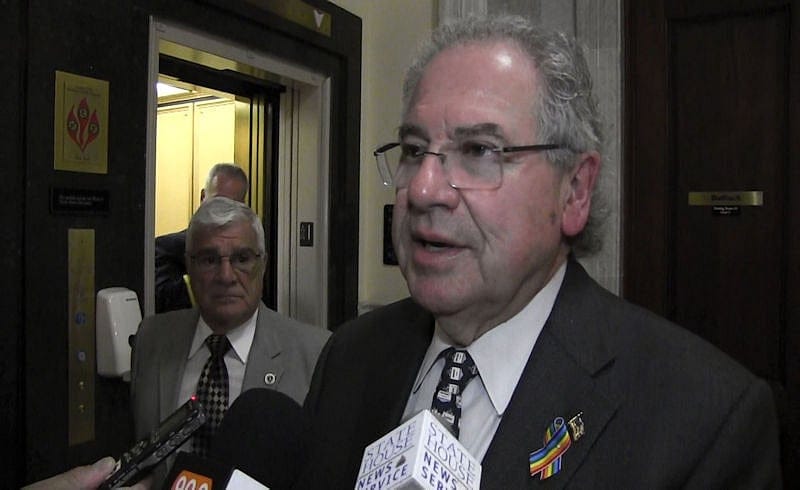Policy differences may delay budget accord, DeLeo says

BOSTON – Acknowledging a sudden erosion in the state budget's fiscal underpinnings just before the budget is due, House Speaker Robert DeLeo on Wednesday said policy differences between the House and Senate loom as an even larger obstacle to a budget accord that's due in two weeks.
Talking to reporters after a closed Democratic caucus, DeLeo said the House budget (H 4201) included close to 100 outside sections while the Senate's spending plan (S 2305) featured nearly 300 budget riders, including many calling for policy changes unrelated to appropriations.

